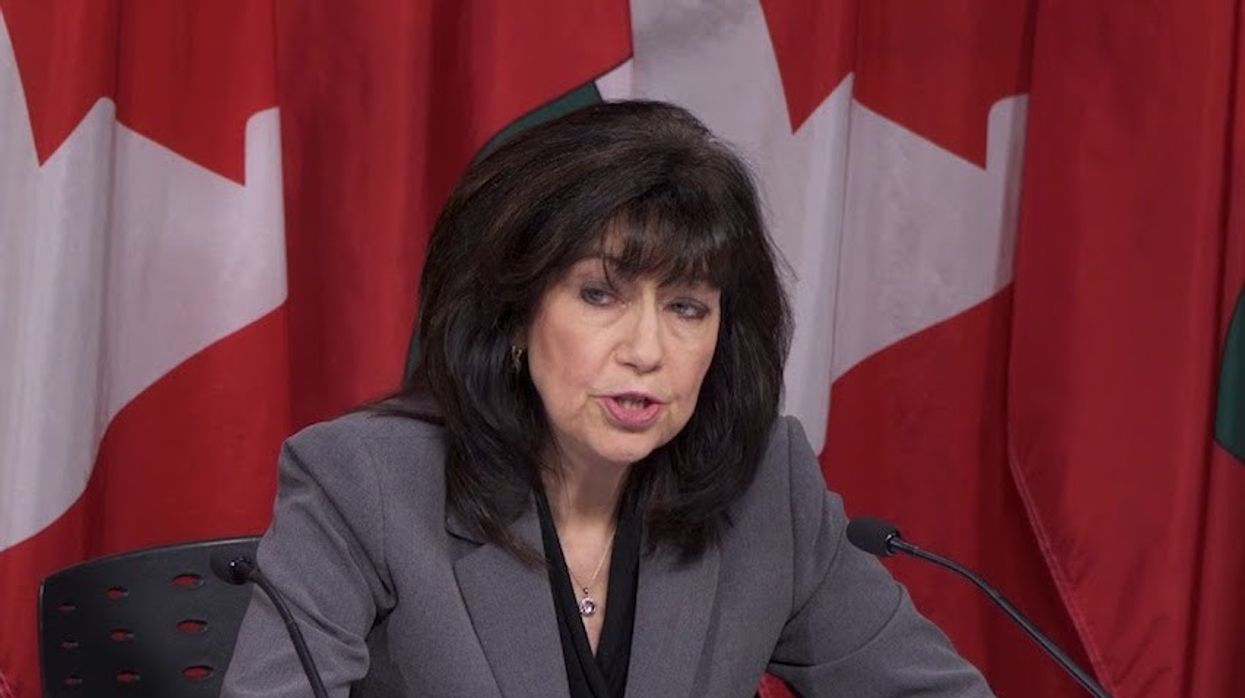Activities and regulations from the Real Estate Council of Ontario “are not always effective and timely,” says a new report from the Auditor General, released today. The report, which assesses value-for-money across various matters and entities across the province, outlines a barrage of concerns about RECO, calling into question the provincial real estate regulator's investigative standards, policies, and lack of transparency, amongst much more.
“RECO does not have a process in place to ensure a full on-site inspection is conducted at all real estate brokerages within a certain time frame to assess brokerages’ compliance with the [Real Estate and Business Brokers Act, 2002] and its regulations,” the report goes on to say. “As well, RECO does not have a process in place to monitor whether investigators complete investigations on a timely basis or whether they take appropriate action based on the findings of their investigative work.”
The audit reveals that the proportion of investigations resulting in enforcement action varied among RECO’s five investigators, noting a low of 39% in the case of one investigator and a high of 75% in the case of another.
“When RECO finds that a salesperson, broker, or brokerage’s conduct related to a real estate transaction has violated its Code of Ethics, it does not have an explicit policy to consider the amount of income earned by a registrant on the related real estate transaction when determining the amount of a fine unless the registrant suffered or gained as a result of the breaches,” the report says, adding that from 2017 and 2021, 78% of the fines were $10,000 or less, when the appropriate fines for 67% of registrants should have been higher.
“Additionally, RECO and the Ministry have lagged in facilitating the introduction of certain protections for consumers who engage in real estate transactions in Ontario, particularly in comparison to their counterparts in British Columbia. For example, in Ontario, there is no legislated cooling off period (a period of time when a buyer can cancel a real estate transaction without risking the loss of their deposit) for new or resale properties except for pre-construction or new condominiums.”
Later in the report, the Auditor General identifies a host of “other significant concerns,” including a lack of formal policy in place to assess applicants with a criminal history, failures to follow up on non-compliance violations, and failures to report cash and suspicious real estate transactions to the federal agency that monitors money laundering.
In addition, the audit calls into question the composition of RECO’s Board, saying that it’s comprised almost entirely of real estate industry representatives -- out of the 14 Board members, 12 were real estate professionals at the time of the audit -- which it says arguably diminishes the organization’s ability to effectively advocate for the protection of consumers.
“The Ministry does not collect sufficient information to monitor and assess RECO’s performance in meeting its mandate,” the report concludes. “We found that RECO has not established performance indicators for key areas of its operations, including areas where our audit identified significant operational issues.”
In response, the Ontario Real Estate Association has released a statement, pointing to the audit as one indication that “Ontario is on the right track when it comes to strengthening consumer protection in real estate.”
“OREA was pleased to see the Auditor recommend stronger policies around criminal background checks, money laundering and stopping agents from profiting from breaking the rules," says Tim Hudak, CEO of OREA. "Many of the new rules will come into effect in April 2023 and we are grateful to Minister Rasheed and his government for delivering on its promise to modernize real estate rules and improve the home buying and selling experience for Ontario families.”
OREA's statement also commends the Ontario government for passing the Trust in Real Estate Services Act (TRESA) in 2020, saying that it stands to fix the broken real estate disciplinary system perpetuated by RECO, increase transparency in the real estate offer process, and strengthen consumer-friendly disclosures, while increasing fines for rule breakers.
“These changes are acting on many of the things recommended by the Auditor General in her report released today,” adds Hudak.
This is certainly not RECO’s first bout of bad press. In October, the organization came under fire for acting on a complaint-made basis, and lacking the pro-active, investigative, consumer-facing approach the organization was formed in 1997 to take.
Cover photo via the Office of the Auditor General of Ontario





















